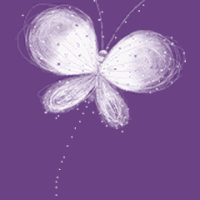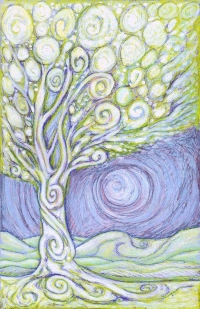Emotions
The Emotional Stress Factor
This is part of a series of articles about The Stress Factor, from Instant Healing by Serge Kahili King.
Emotional stress is usually thought to be generated externally, in other words, created by what someone else is doing to you. This perception is so widespread that many people are paid compensation for the emotional stress that others have caused them.
In fact, emotional stress happens only when you become afraid or angry or excited, and all of these are internally generated responses. It’s easier, and sometimes financially profitable, to blame others for making you feel bad, but you really do it to yourself. One person may be bothered excessively by a situation that would be taken in stride by another. Your attitude toward what others do has more effect on you than what they do.
The emotions most likely to cause stress are fear, anger, and excitement. Of course, there are variations and levels of these emotions. Emotions related to fear are anxiety, panic, terror, and embarrassment. Some related to anger are jealousy, envy, sadness, depression and grief. Excitement includes enthusiasm and positive anticipation.
In a state of fear, your body is trying to get away from what is fearful. It would actually run if it could. If you decide not to run, the impulse to do so is still there, and the conflict between the impulse to run and the decision not to causes physical tension. In extreme fear, the tension can become so great that fainting occurs or body functions are impaired.
In an angry state, your body is trying to push something away, forcefully change it, or hurt it, and any of these impulses causes tension, too, especially when they are suppressed.
Fear and anger are used to resist people and situations and that gets translated by your body into physical tension. Sustained excitement can lead to tension caused by the body’s need to rest. Acute or chronic fear, anger, or excitement can be very stressful in terms of the physical tension they produce.
Of course, direct muscle tension is not the only physical response to emotional stress. Chemical changes occur as well which can produce stress effects on other systems of the body that lead indirectly to increased physical tension. In fact, emotional and physical responses are so interrelated that chemical changes in the body, either natural or caused by food, drugs, or herbs, can induce emotional stress and physical tension. Endorphins, caffeine, alcohol, heroin, and cocaine or some of the better known substances that can do this.



